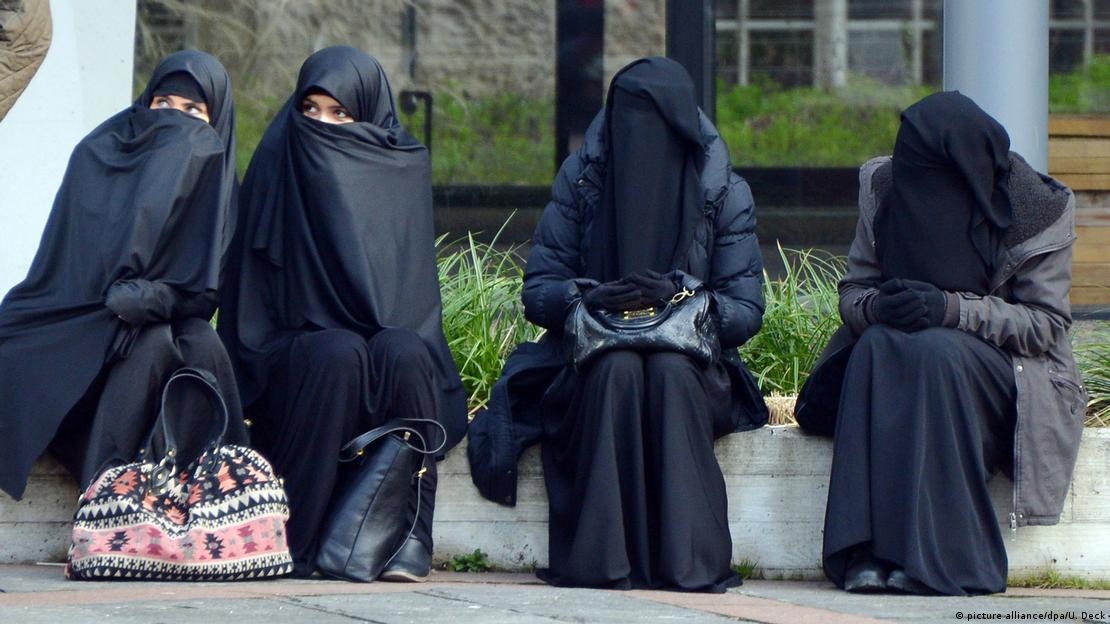The border region between Lebanon and Syria in Baalbek-Hermel in eastern Lebanon often experiences security tensions that rise and fall depending on the smuggling operations being carried out there.
On Saturday, Syrian army border guards fired at a number of young men at one of the illegal crossings, known as the Arida border crossing, in the border village of Al-Qasr, killing one Lebanese man and wounding another.
Smuggling occurs in both directions, but smuggling from Lebanon to Syria has become more common with deteriorating economic conditions in the two countries and the sanctions imposed on Syria. This includes smuggling basic goods subsidized by the Lebanese state such as flour, fuel and medicine. There are also illegal routes for smuggling stolen cars. Products smuggled to Syria also include raw materials for manufacturing and car parts.
Earlier this month these borders saw a clash between smugglers and a Syrian army patrol. Light and medium weapons were used during the chase in a Syrian area near the Lebanese border town of Hosh Al-Sayyed Ali. A Syrian army officer was killed and two personnel wounded.
The Lebanese army, in cooperation with the Intelligence Directorate, then carried out a raid in the Lebanese region to find those who fired and fled toward Lebanese territory. The Lebanese Internal Security Forces (ISF) two days ago arrested two young Syrians (19 and 23 years old), who were planning to steal cars and smuggle them into Syrian territory. One of them had previously smuggled people from Syria to Lebanon, according to the Information Division of the ISF.
The Information Division found that a new gang, whose members are Lebanese, had been active in Mount Lebanon and carried out several robberies. Two of the arrested gang members confessed to transporting the stolen cars to the Bekaa region, and from there to Syrian territory.
Last year, Lebanon’s Supreme Defense Council counted “more than 124 smuggling crossings between Lebanon and Syria.” Former Finance Minister Ali Hassan Khalil said during a discussion of the draft budget in Parliament last year that smugglers had the audacity to name crossings after specific products, persons, towns or directions. “This is one of the most prominent signs of the state dissolution in carrying out its duties,” he said.
The Syrian Opposition Coalition provided information to the committee drafting the Caesar Act in the US administration about “land routes and tunnels used by Lebanon’s Hezbollah to smuggle weapons, money and fuel to the Syrian regime.”
It stated: “Since 2012, Hezbollah has been relying on a network of illegal crossings linking the Lebanese Bekaa Valley and the western Qalamoun villages in the countryside of Damascus to smuggle goods, weapons and drugs into Syria.
Four of these routes are main roads linking the borders between the two countries, in addition to other secondary crossings.”
The information also highlighted that there are powerful people and families in the towns between the two countries who oversee the smuggling of goods from Lebanon.
Lawyer Ashraf Al-Moussawi told Arab News: “The phenomenon of car theft has escalated in a frightening manner, until the number of stolen cars exceeded 136 in one month, at a rate of four to five cars per day.”
Al-Moussawi said that cars stolen from Lebanon are found in the Al-Suwayda car market, which publishes ads on social media under the title “A Key and a Car.”
“The victim can ask about their car by calling a phone number, through which he can agree to take back the car in exchange for a sum of money, and the car will be delivered at the Lebanese-Syrian border,” he said.
People, often ex-convicts or gang members, who take stolen cars from Beirut or Mount Lebanon to the border can make up to 2 million Lebanese pounds by doing this.
A security source told Arab News: “Some of those may be Lebanese security personnel on active duty lured by quick money. They may also be retired members of the military who have joined gangs. If this person transported, for instance, four cars per month, he receives five or six times his monthly salary. When he drives the car, he does not draw the attention of the security forces. Some of them were arrested in a manner similar to a security scandal, and they are still in detention.”
Source: Arab News




